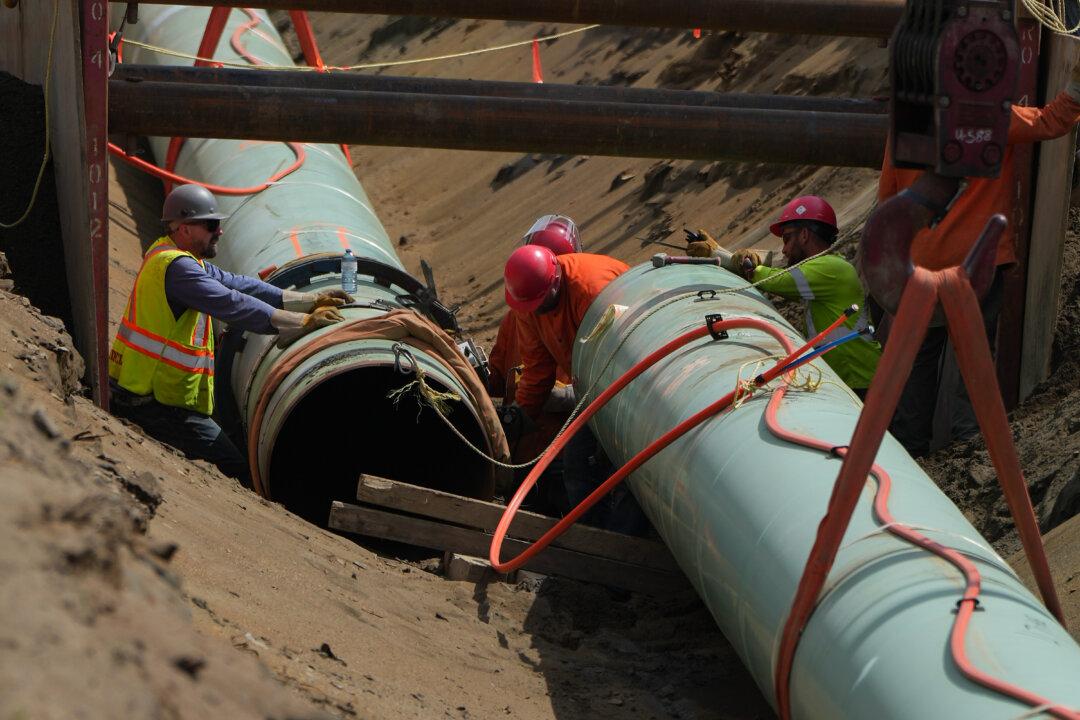Commentary
Canada’s Supreme Court made a landmark decision in its ruling that the federal Impact Assessment Act (Bill C-69) is unconstitutional. C-69 has been dubbed the “No More Pipelines Act” in Western Canada and provincial governments have been battling the legislation in Canadian courts since its inception.





